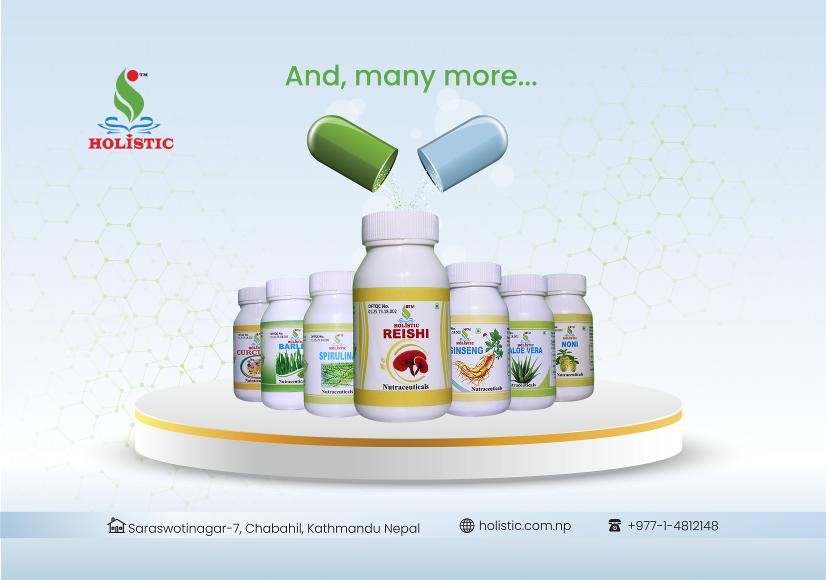Unani Medicine: A Comprehensive System of Health and Healing
Discovering the Origins, Principles, and Modalities of Unani
Unani Medicine: A Comprehensive System of Health and Healing
-
Holistic Health
-
01 Jul, 2025
Unani medicine
The word Unani comes from Unan, the Arabic name for Greece, describing the country of origin.
In today's time, unani medicine may not be practiced in Greece, but it has a significant impact and implications in southern Asia.
Unani medicine, also called Unani tibb, Arabian medicine, or Islamic medicine, a traditional system of healing and health maintenance observed in South Asia.
The origins of Unani medicine are found in the doctrines of the ancient Greek physicians Hippocrates and Galen.
Hippocrates laid the foundation for clinical medicine after careful study and comparison of symptoms based on dietary control and adequate rest.
As a field, it was later developed and refined through systematic experiment by the Arabs.
During the political-religious Muslim state, the bulk of Greek knowledge was translated into Arabic that formed the principles of this medicine system.
With additional contributions of medical wisdom from other parts of the Middle East and South Asia, Unani medicine came to be known also as Arabian, or Islamic medicine.
It is a comprehensive medical system, which meticulously deals with the various states of health and disease.
It provides promotive, preventive, curative and rehabilitative healthcare.
The fundamentals, diagnosis and treatment modalities of the system are based on scientific principles and holistic concepts of health and healing.
Accordingly it considers individual in relation to his environment and stresses on health of body, mind and soul.
Principle of Unani medicine
The history of Unani medicine can be characterized by the work of its practitioners, or hakims, who relied on natural healing based on principles of harmony and balance, uniting the physical, mental, and spiritual realms.
According to practitioners of Unani medicine, the health of the human body is maintained by the harmonious arrangement of seven basic physiological principles of the Unani doctrine.
These principles include (1) arkan, or elements, (2) mizaj, or temperament, (3) akhlat, or bodily humours, (4) aaza, or organs and systems, (5) arwah, or vital spirit, (6) quwa, or faculties or powers, and (7) afaal, or functions.
Interacting with each other, these seven natural components maintain the balance in the natural constitution of the human body.
Each individual’s constitution has a self-regulating capacity or power, or to keep the seven components in equilibrium.
Modes of treatment
The initial approach to treatment in the Unani system entails the establishment of a procedure to normalize and balance the external factors (e.g., air, water, and food) involved in ailments and diseases.
If this proves inadequate, then other means, such as treatment with natural medicines, may be recommended.
Any Unani treatment prescribed by a hakim acts as an outside agent to help boost the patient’s condition and thus restore good health and a sense of well-being.
There are various therapeutic approaches available to the hakim.
Order of treatment:
- Regimenal Therapy
- Dietotherapy
- Pharmacotherapy
- Surgery
Regimental therapy is special technique/ physical method of treatment to improve the constitution of body by removing waste materials and improving the defense mechanism of the body.
Classical Unani medicine recommends established regimental therapies in the treatment of various chronic and acute diseases.
These therapies include massage, bath and sauna, exercise, venesection, cupping, sweating, purgation, leeching, enema, etc.
The essential functions of all these regimens is to remove the impurities/ impure blood from the body.
Dietotherapy, involves recommending a specific diet, which is the simplest and most natural course of treatment by a hakim.
In fever, for example, Unani medicine stresses a nutrient-rich, low-roughage diet that might include porridge and khir.
Both the amount and quality of food are taken into consideration.
Third approach is pharmacotherapy, is the use of medicines by Unani hakims. This treatment method is considered by hakims to be natural, eco-friendly, and less intrusive and more effective than many other methods.
The Unani system’s pharmacopoeia is vast, enriched with more than 2,000 medicines derived from various herbal, mineral, and animal sources.
If none of the above mentioned approach is sufficient in eradicating the problem, the last option is the surgery.
Unani system has been proved to be most effective in the treatment of chronic diseases like arthritis and asthma.
Patients with mental, cardiac, digestive and sexual disorders, urinary infections, sexually transmitted diseases, malaria, Hepatitis B, leukoderma, also have been benefitted from unani system of medicine.
It is also believed to be effective in improving the immunity level in AIDS patients.
Summary
Unani medicine is a form of traditional medicine that originated in Greece and has been practiced in the Middle East, South Asia, and Central Asia for centuries.
It is based on the teachings of the ancient Greek physician Hippocrates and the philosopher Aristotle, and is closely related to the traditional medicine systems of ancient Egypt and Persia.
Unani medicine emphasizes the use of natural substances, such as herbs and minerals, to prevent and treat illness, and it places a strong emphasis on maintaining balance and harmony in the body.
It is a holistic system of medicine that emphasizes the use of natural substances, such as herbs, minerals, and animal products, to prevent and treat illness.
It is also recognized as a separate system of medicine by the World Health Organization (WHO) in 1976 and is being integrated with modern medicine in some countries.
Thus, with the help of dietary changes, herbal remedies, and physical therapy, unani system of medicine forms a basis of treatment of diseases in an effective way.







